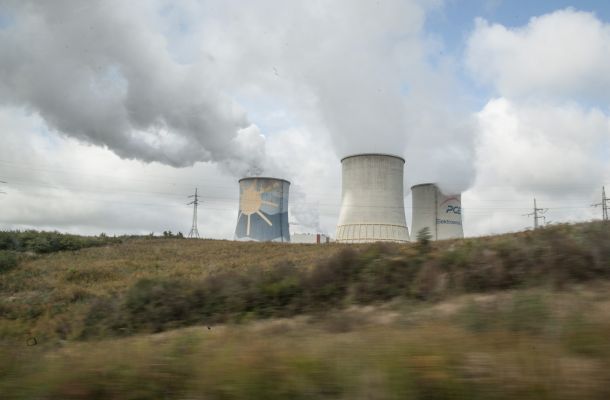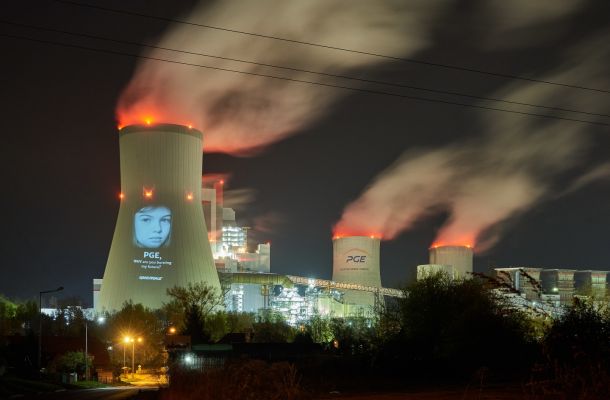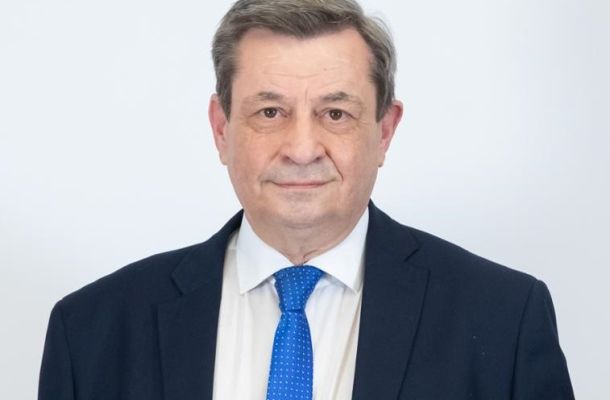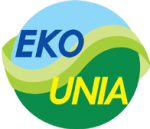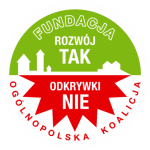Turów violates EU water regulations
We have just finished the Turów opencast webinar. At the same time European Commission has answered parliamentary questions from German MEP, concerning shortcomings in the issuing of the mine license by Polish government. However, the complaint about the improper implementation of the Water Framework Directive by Poland will be considered by EC at a later date.
1. Poland is subject to the climate goals of EU and Paris Agreement
Virginijus Sinkevičius on behalf of the European Commission answered priority questions from German MEP Anna Cavazzini in terms of Turów opencast. Cavazzini pointed out many shortcomings in law in the functioning of Polish government. She indicates that the concession was issued despite the significant impact of the Turów opencast and power plant on the quality and level of water as well as the health of citizens in three European Union countries.
“On 24 March 2020, the Polish state-run company PGE announced that the Polish Government had granted it a permit for six additional years of exploitation at the Turów opencast lignite mine, on the border between Poland, Czechia and Germany. Members of the public had no opportunity to raise objections to the project during the proceedings leading to the granting of the new licence. A second application to expand the mine and continue mining until 2044 is currently under consideration, despite the high levels of emissions generated by the mine and its impact on water quality and levels and on the health of citizens in three Member States.
- How is the Commission dealing with the Turów project’s permanent violations of EU law, especially of the Water Framework Directive’s toxic substances discharge limit?
- Is it considering legal action in the form of an infringement procedure against Poland?
- How is it going to ensure that the continued operation of the Turów mine and power plant is compatible with the EU’s climate neutrality objective and the European Green Deal?”
In reply, Virginijus Sinkevičius wrote that The Commission is closely following developments of this case and currently investigating compliance with EU environmental law (including the Water Framework Directive. Based on the outcome of this analysis, the Commission will decide on the measures to be taken.
“While Member States are free to choose their energy mix, they are bound by EU climate objectives and the Paris Agreement. The European Green Deal Communication states that ‘ a power sector must be developed that is based largely on renewable sources, complemented by the rapid phasing out of coal and decarbonising gas’. To that end, the Commission aims to leverage both public support and private investment” – stressed Sinkevičius
Sources:
-
https://www.europarl.europa.eu/doceo/document/P-9-2020-001910-ASW_EN.html
-
https://www.europarl.europa.eu/doceo/document/P-9-2020-001910_EN.html
2. Turów affects water status in the region
On the 12th of June took place a webinar “Thirsty for justice. Enforcing EU water laws to defend communities from coal” organized by Foundation “RT-ON”, European Environmental Bureau (EEB) and Frank Bold Society. During the meeting discussed subjects included the Turów lignite mine and the effects of coal mining on the state of waters in the region. According to EEB information in Turów area there is pumped out around 40 liters of water for second.
The mine and power plant in Turów are not only among the worst carbon dioxide emitters in the entire Union, but also violate EU water regulations by extracting huge amounts of water, which has worrying consequences for the communities of neighboring countries –stressed Jeremy Wates, EEB secretary general.
MEP Anna Cavazzini pointed out that negative consequences of the Turów mine operation don’t end within borders of our country, but affect our neighbors to the same extent.
Kuba Gogolewski from the Foundation “Development YES- Open-pit mines NO” paid attention to the lack of proper security of the water resources in Poland: – Water protection is simply incompatible with hard coal and lignite mining.
Sources:
3. Protection of the Oder river basin – consultations in progress
The consultations “Initial review of significant water management problems identified in the International Oder River Basin District for the needs of the third planning cycle according to the WFD” are coming to an end. This is the moment to realize how the open-pit mine Turów affects the water status in Poland, as well as in Czech and Germany.
To reach objectives of Water Framework Directive, there are "water management plans" which are done for 6 years period and where the state of waters is evaluated. These plans are done nationally and internationally – in case where the river crosses borders/the water body is located through the borders.
In 2015, the "Update of water management plan in the International Oder River Basin Area" was developed - in accordance with the Water Framework Directive. It is based on significant water management problems in the Odra River basin and summarizes all required actions that should be implemented to improve water status.
The following update of the water management plan for the International Oder River Basin Area must be completed by the and of 2021. Public consultations are also anticipated for this planning cycle. It is a great opportunity to join the forces against the Turow mine. The consultation serves as a basis for the preparation of the International Water Management Plans, i.e. the core international strategy to meet the water quality targets set by WFD.
The consultations offer possibility to show that the operation of the open-pit mine Turów and other open-casts in the region is an international issue, both in terms of the groundwater level and its contamination (among the others with sulphuric acid and heavy metals).
More information about consultations: http://mkoo.pl/index.php?mid=20&gid=0&aid=101&s=1&lang=EN#3
4. European Commission needs time for consideration of the complaint
Two weeks ago we informed that in June 2020 the European Commission will consider the complaint about improper implementation of the Water Framework Directive regulations by Poland. However, we received an answer telling that the Commission needs more time to consider the case: “The Commission was unable to decide to issue a request to remove the infringement or close the case within a generally accepted period of one year from the registration of the complaint because the complaint and additional documents cover issues requiring further analysis that is currently ongoing”.
Popularne Artykuły
PGE myths vs reality
Why are you burning our future?
Polish prime minister dismisses for the truth about Turów
About Us
Our organizations jointly counteract the expansion of the open-cast Turów lignite mine in Poland for the benefit of local communities, nature and climate. We support civic activities undertaken by the international community at the interface of the Czech Republic, Germany and Poland. We strive to make the lignite-dependent Bogatynia enter the path of energy transition as well as economic and social transformation.
